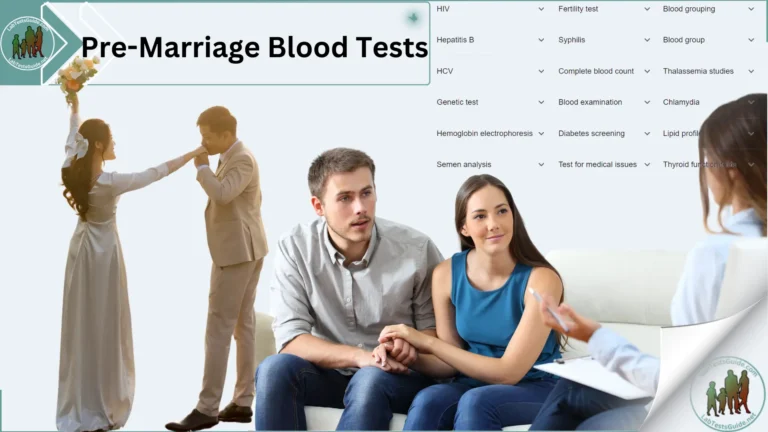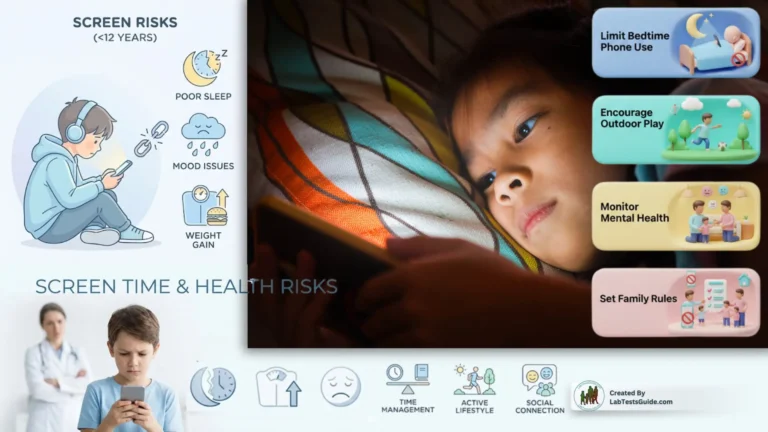NEW YORK (AP) — Expressing deep concern over a significant surge in syphilis cases among newborns, U.S. health authorities are advocating for intensified preventive measures. This includes a widespread campaign to encourage millions of women of childbearing age and their partners to undergo testing for the sexually transmitted disease.

According to the Centers for Disease Control and Prevention (CDC), there has been a staggering rise in congenital syphilis cases, with more than 3,700 babies born affected in 2022. This figure represents a tenfold increase from a decade ago and marks a 32 percent rise from the previous year. The CDC further revealed that syphilis resulted in 282 stillbirths and infant deaths, a nearly 16-fold increase from the number recorded in 2012. This alarming data underscores the urgent need for heightened awareness and proactive measures to address the escalating public health issue.
In 2022, the number of congenital syphilis cases reached the highest level in over three decades, according to officials from the Centers for Disease Control and Prevention (CDC). More than half of these cases involved mothers who tested positive for syphilis during pregnancy but did not receive proper treatment. The surge in congenital syphilis is linked to a rise in primary and secondary syphilis cases among adults, exacerbated by challenges in accessing benzathine penicillin injections, the primary treatment for congenital syphilis, due to supply shortages.
Dr. Laura Bachmann of the CDC emphasized the urgent need for change, stating, “It is clear that something is not working here, that something has to change.” The CDC is calling for exceptional measures to address this concerning epidemic. The agency recommends initiating syphilis treatment when a pregnant woman first tests positive, expanding transportation access for women to receive treatment, and making rapid tests available in various settings beyond traditional medical offices.
Despite the recommendations, there is no new federal funding allocated to state and local health departments to enhance testing or access. Some state health departments have expressed being stretched thin in terms of treatment and prevention resources. The CDC advises sexually active women of childbearing age and their partners in high-risk counties to get tested for syphilis at least once.
Syphilis, a bacterial infection, saw a decline in the U.S. in the mid-20th century with the advent of antibiotics. However, cases began rising again in 2002, affecting various demographics. Congenital syphilis poses severe risks to infants, including death, deafness, blindness, and malformed bones. Case rates have been increasing across racial and ethnic groups.
Dr. Mike Saag, an infectious diseases expert, highlighted the challenge of diagnosing syphilis in women, as it can be a silent infection without visible symptoms. The CDC recommends testing all pregnant women for syphilis at their first prenatal visit, but access to prenatal care remains an issue, particularly in rural areas.
Treating syphilis during pregnancy with a single penicillin shot can eliminate the risk of transmission to the baby. However, if diagnosis and treatment are delayed, multiple shots may be required, and they must be completed at least 30 days before delivery. Challenges such as transportation issues, job constraints, and childcare difficulties contribute to incomplete treatment regimens.
The shortage of benzathine penicillin injections further complicates efforts to reduce syphilis numbers. While non-pregnant patients can use the antibiotic doxycycline, concerns arise about the difficulty of completing the 14- to 28-day treatment timeline, leaving infected individuals uncured. Health officials nationwide are grappling with these challenges, underscoring the complexity of addressing the congenital syphilis epidemic.
Pfizer holds the exclusive position as the nation’s sole supplier of the crucial penicillin shot for syphilis treatment. Earlier this year, company officials acknowledged a shortage due to increased demand, stating that the issue might persist until the following year. Despite the shortage, the Centers for Disease Control and Prevention (CDC) clarified that it did not impact the congenital syphilis case numbers reported in 2022. The CDC also asserted that, to its knowledge, patients in need did not face difficulties in obtaining the necessary shots.
Reporting from Atlanta, this information was provided by Hunter. The Associated Press Health and Science Department receives support from the Howard Hughes Medical Institute’s Science and Educational Media Group and the Robert Wood Johnson Foundation. It is important to note that the AP is solely responsible for all content.
FAQs:
1. What is infant syphilis?
Infant syphilis, also known as congenital syphilis, occurs when a mother with syphilis passes the infection to her baby during pregnancy or childbirth. This can lead to serious health complications for the infant.
2. How common is infant syphilis?
The incidence of infant syphilis has seen a concerning increase, with the number of cases reaching the highest level in over 30 years, according to the Centers for Disease Control and Prevention (CDC).
3. What are the risks for infants with syphilis?
Infants born with syphilis face various health risks, including stillbirth, neonatal death, and long-term issues such as developmental delays, deafness, blindness, and bone abnormalities.
4. How is syphilis transmitted from mother to baby?
Syphilis is transmitted from an infected mother to her baby through the placenta during pregnancy or through contact with infectious sores during childbirth.
5. Can infant syphilis be prevented?
Yes, the risk of congenital syphilis can be significantly reduced through early detection and treatment of syphilis in pregnant women. Timely administration of penicillin to the mother can prevent transmission to the baby.
6. Why has there been a surge in infant syphilis cases?
The rise in congenital syphilis cases is linked to a broader increase in syphilis cases among adults. Factors contributing to this surge include challenges in accessing penicillin, delays in treatment, and a rise in primary and secondary syphilis cases among adults.
7. What is being done to address the issue?
Health officials, including the CDC, are calling for enhanced preventive measures, such as promoting widespread syphilis testing for women of childbearing age and their partners, initiating syphilis treatment early in pregnancy, and expanding access to transportation for pregnant women to receive timely treatment.
8. Is there a shortage of penicillin for syphilis treatment?
Yes, Pfizer is currently the sole supplier of the penicillin shot used to treat syphilis, and a shortage has been reported. The increased demand and supply challenges may not be resolved until the following year.
9. How can pregnant women protect their babies from syphilis?
Pregnant women are advised to undergo syphilis testing early in prenatal care. If diagnosed with syphilis, prompt treatment with penicillin is crucial to preventing transmission to the baby.
10. Are there any ongoing efforts to address the shortage of penicillin?
While there is awareness of the penicillin shortage, the CDC has stated that, as of now, it has not impacted the availability of required shots for patients in need. Efforts to address the shortage and ensure adequate supply are ongoing.







